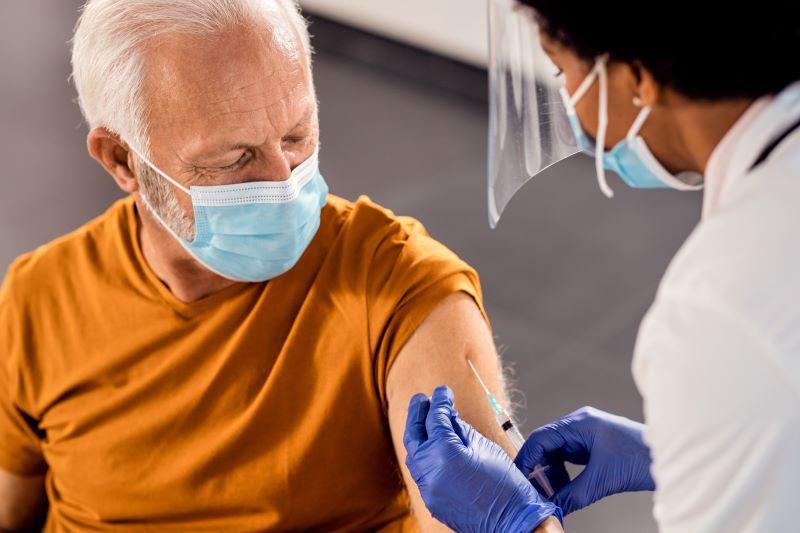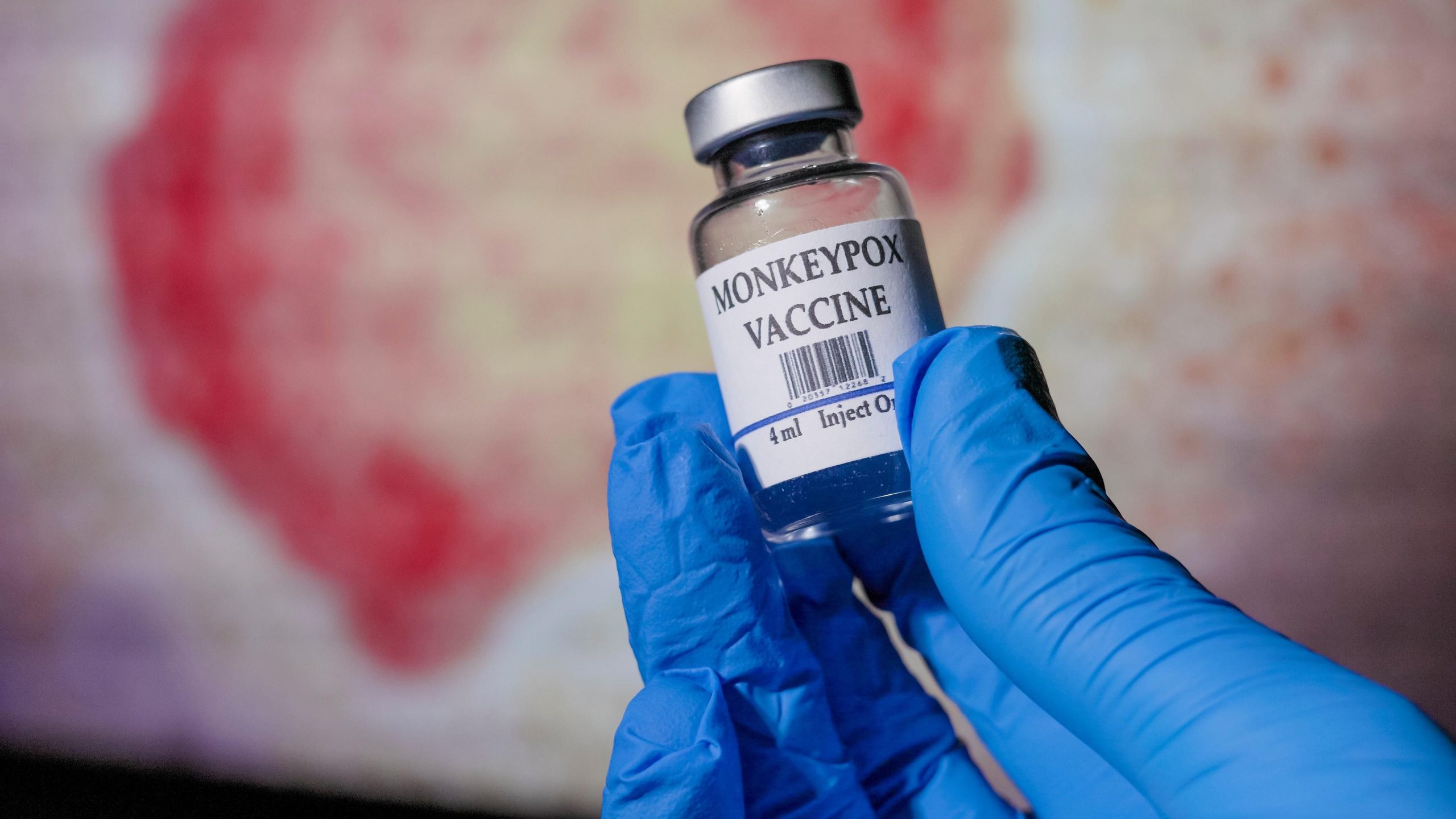
Pregnant women are exposed to toxic chemicals in dishware, hair coloring, plastics and pesticides that can heighten their risk of cancer and harm child development, a new study warns. Melamine and its major byproduct, cyanuric acid, were found in nearly all the 171 women in the study and levels were highest among women of color… read on > read on >






























